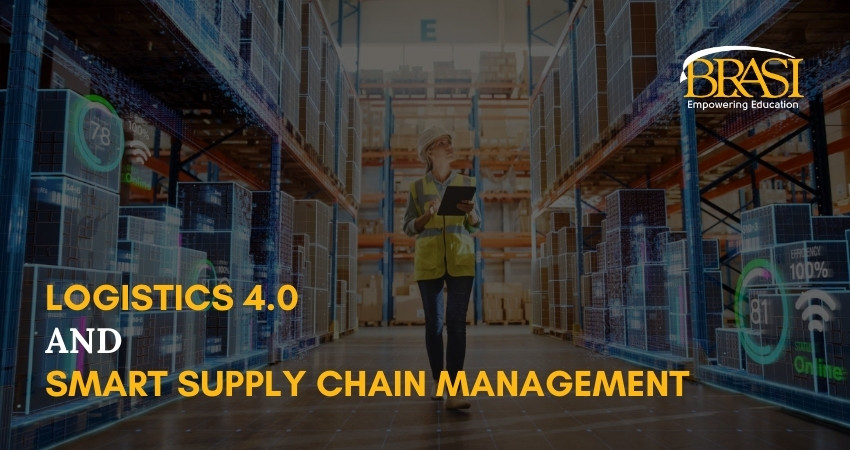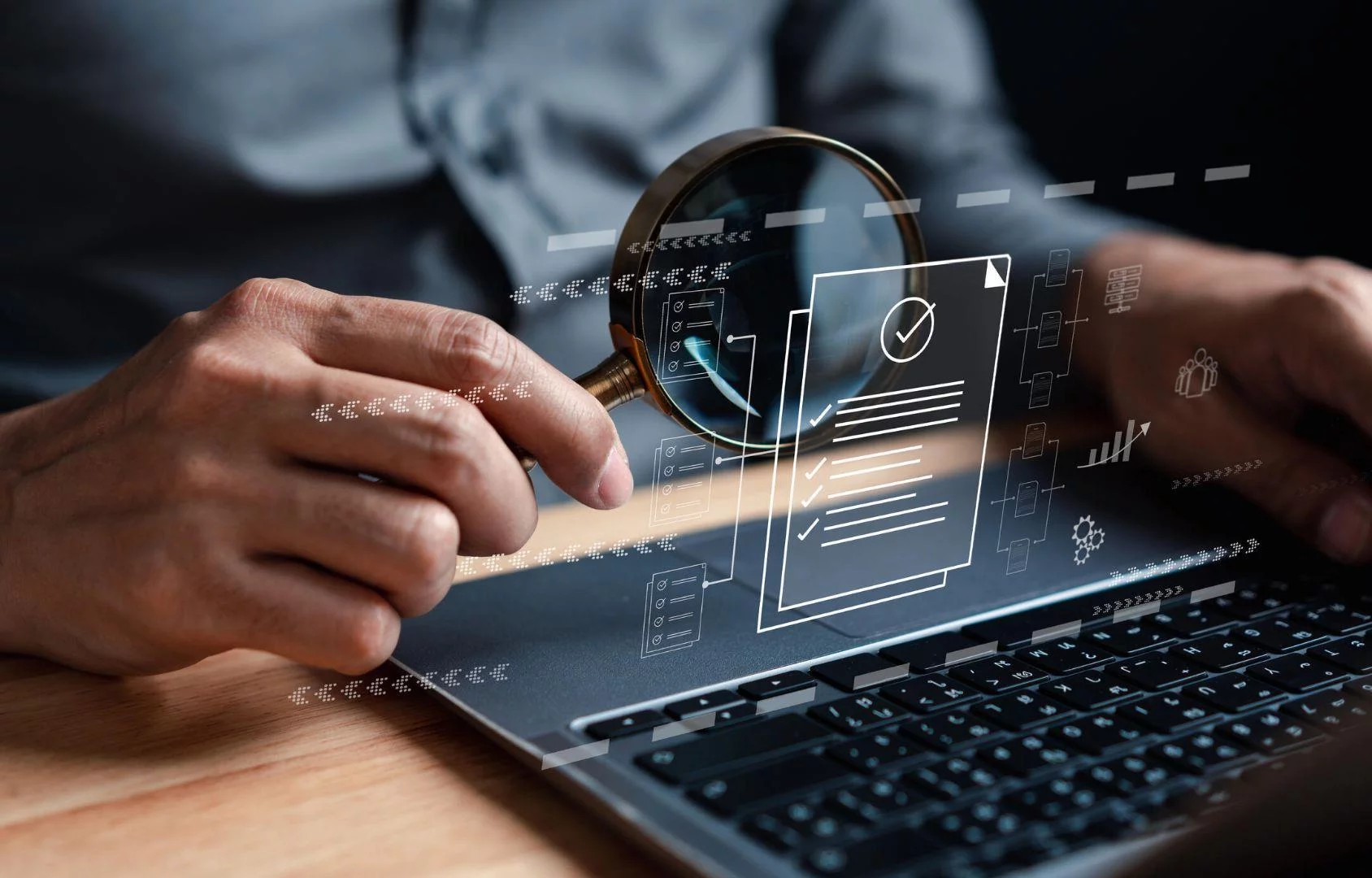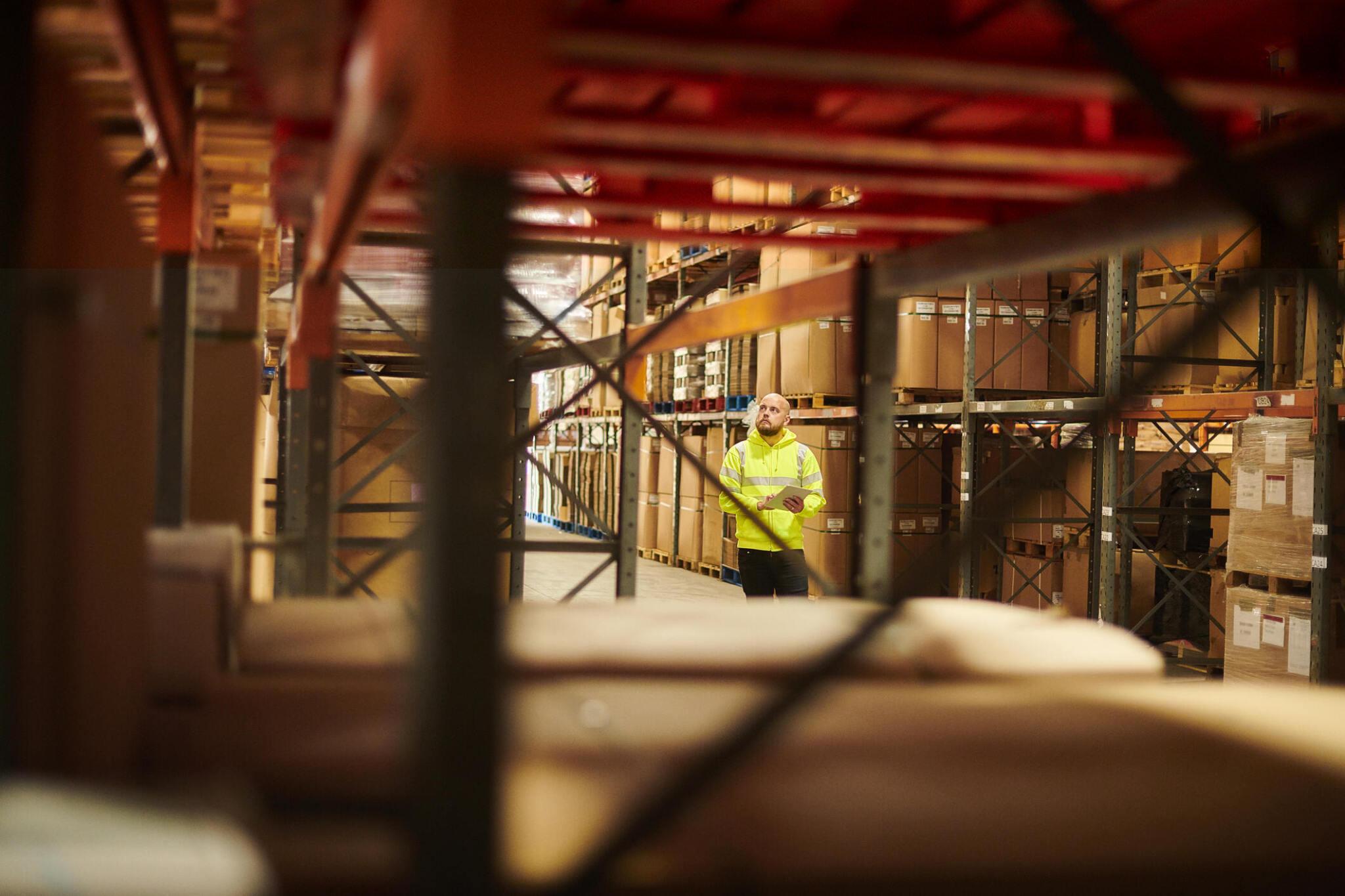Logistics 4.0 and Supply Chain Management 4.0 or smart supply chain management concern the various aspects of end-to-end logistics and supply chain management in the context of Industry 4.0, the Internet of Things, cyber-physical systems, emerging technologies, advanced data analytics, and (semi-)autonomous decisions enabled by AI. Industry 4.0 changes production logistics and transforms the demands regarding logistics organizations.
Logistics 4.0 – The crucial aspect of autonomous decisions and applications
Just as Industry 4.0 is a holistic given with a (partial) transfer of autonomy, intelligence, and autonomous decisions to machines and to the edge, supply chain and logistics in Industry 4.0 is very similar, albeit with, on top of the overlaps, different applications, technologies, human and business aspects and elements. There are many types of logistics and there are many definitions of logistics, ranging from the organization, planning, and management of something complex, such as the logistics of setting up an
event, to activities in whereby many moving parts and processes are involved. It’s in the latter sense of moving things (goods, assets, materials, data, and more) around in a business, supply chain, and Industry 4.0 context that we look at logistics here.
Digitization and digitalization lead to the rise of 4PL providers and disruption are expected as the shifting relationships in logistics and the technology-driven capabilities enable new players to enter the 4PL market.
When we see logistics as essentially getting things from A to Z with the many intermediary steps and the components of the supply chain and intelligent and efficient movement across all these different steps in a holistic way and add the aspect of autonomy to it we quickly see what types of applications we really talk about: from driverless transportation to intelligent containers, smart warehousing, smart ports, smart shelves to the human and information exchange in all possible logistical chains and contexts. A major game-changer in this regard is also blockchain as we’ll see further with myriad use cases for the distributed ledger technology in transportation, smart ports, cross-border maritime shipping, and retail, the list is long.
You can imagine that there are several other components in the supply chain and that without a digital supply chain Logistics 4.0 simply isn’t possible. You can also imagine that, just as is the case in Industry 4.0 the Industrial IoT plays a key role, as does a thorough understanding of all data and insights and actionable intelligence for the supply chain management.
Logistics 4.0 and Supply Chain 4.0 – from data and autonomous decisions to intelligence and actions
The latter aspect of data turned into actionable intelligence and ultimately (autonomous, semiautonomous, and human) actions is key to smart supply chain management and logistics in Industry 4.0 and industrial transformation, whereby we looked in depth at several data-intensive elements such as vertical and horizontal integration.
The road ahead is one of more autonomy across various logistics components such as supply chain logistics, inbound logistics, warehouse management, intralogistics or line feeding, outbound logistics, and logistics routing.
It is also important to bring the Industrial Data Space in mind again as a way to enable a secure data exchange between its participants, while at the same time ensuring data sovereignty for the participating data owners. When many moving parts and many processes are involved, the same goes for the data, also in logistics.
The Industrial Data Space is just one approach, heavily promoted by the people behind Industrie 4.0. All major players who are involved in the future of logistics have already at the very least looked at the potential of blockchain technology in supply chain management and logistics of the hyper-connected and (semi-)autonomous kind. If they haven’t yet they will soon as the combination of blockchain and IoT, a core component of Logistics 4.0 is accelerating fast. And there certainly are blockchain initiatives in logistics. Just think about the BiTA in the US (Blockchain in Trucking Alliance). Blockchain initiatives in logistics are popping up fast, as are important consortiums (e.g. Maersk and IBM).
While we increasingly speak of the digitization and digitalization of logistics and supply chains with the IoT (enabling multiple logistics to use cases and, along with other technologies such as cloud computing and edge computing, bringing intelligence to the edge across logistics), digital supply chains and (semi-)autonomous decisions and logistical assets such as self-driving trucks and so forth, the role of people in supply chain management is far from over.
By 2022, 50% of manufacturers will accelerate the deployment of service robots to better manage specific operational tasks, leading to 15% cost reductions and improved supply chain responsiveness (IDC).
SCM and Logistics 4.0 – people and the human element in supply chain management transformation
Regardless of how autonomous we want systems to be, there remains an important human element whereby supply chain management is changing in the decentralizing context of Industry 4.0 but nevertheless needs people to plan and take action as not all actions can be or should be automated.
To meet the demands and decentralization behind Industry 4.0, however, an automated, intelligent, and increasingly autonomous flow of assets, goods, materials, and information between the point of origin and the point of consumption and the various points in between is key.
With warehouse management systems, intelligent containers, and driverless transportation systems, intralogistics is increasingly supporting intelligent production. However, separate technical solutions remain widespread.
It might sound contradictory but it makes supply chain management more central in this connected and decentralizing movement in industrial transformation and the digital transformation of logistics. As intelligence and autonomy move to digital platforms and the edge, the decisions, and tasks of the supply chain management become key since there is far more insight and monitoring to decide on overall efficiency.
Additional core tasks of smart logistics and supply chain management in the Industry 4.0 context of logistics then become:
Adding the right level of autonomy and intelligence to logistics to make logistics more intelligent but mainly to make it more efficient, effective, connected, and agile/flexible to meet the needs of a far more connected economy and an increasingly real-time economy.
Starting from the goals of industrial transformation in this holistic vision of which logistics and supply chains are part, strike the right balance between self-organizing and (semi-)autonomous systems and human planning, with also a focus on action and intelligence whereby the collaboration between man and machine (e.g. cobots in warehousing) and the end goals in the function of changing ecosystem demands is crucial.
Transforming the ways of working and managing in line with Industry 4.0 deployments, realities, and aspects such as data analytics, information ecosystems, required skillsets to manage it all and take the right decision in a changing environment of decentralization, fast decision making, the development of real-time capabilities and agility with a shift from centralized organizational and planning approaches to on-demand planning and managing uncertainty (core in digital transformation overall) in far less predetermined logistical scenarios.
You Should Also Read:
Supply Chain Certification’s Value in Your Resume
Role of Cyber Security in Supply Chain Risk Management
What you’ll learn in CISCOM

Danish Mairaj is a medical device expert with a strong focus on regulatory and quality compliance. He has been involved in managing clinical trial infrastructure including supplies and logistics. He has over 15 years of experience in the MedTech and Pharmaceutical industry. He is a certified Product Owner, Scrum Master, and Project Management Professional PMP. He studied Biomedical Engineering in Germany and MedTech Regulatory & Quality in Galway, Ireland. He contributes articles to the BRASI newsletter.
-
Danish Mairaj#molongui-disabled-link




